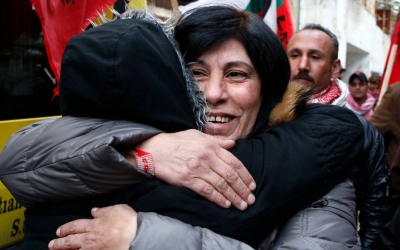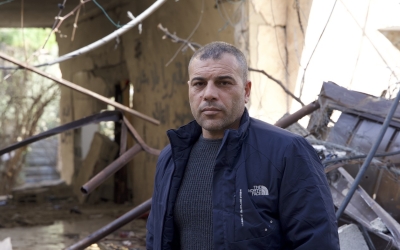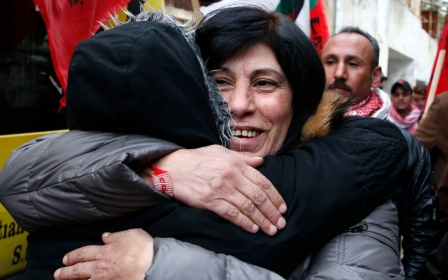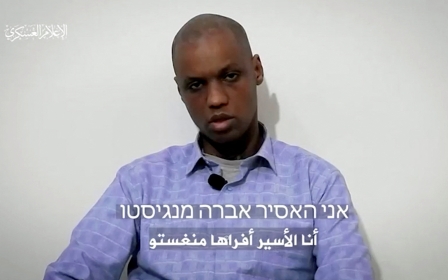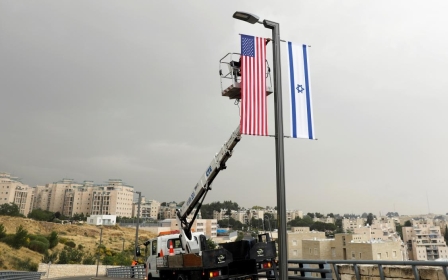Palestine: Women prisoners assaulted by Israeli jail authorities
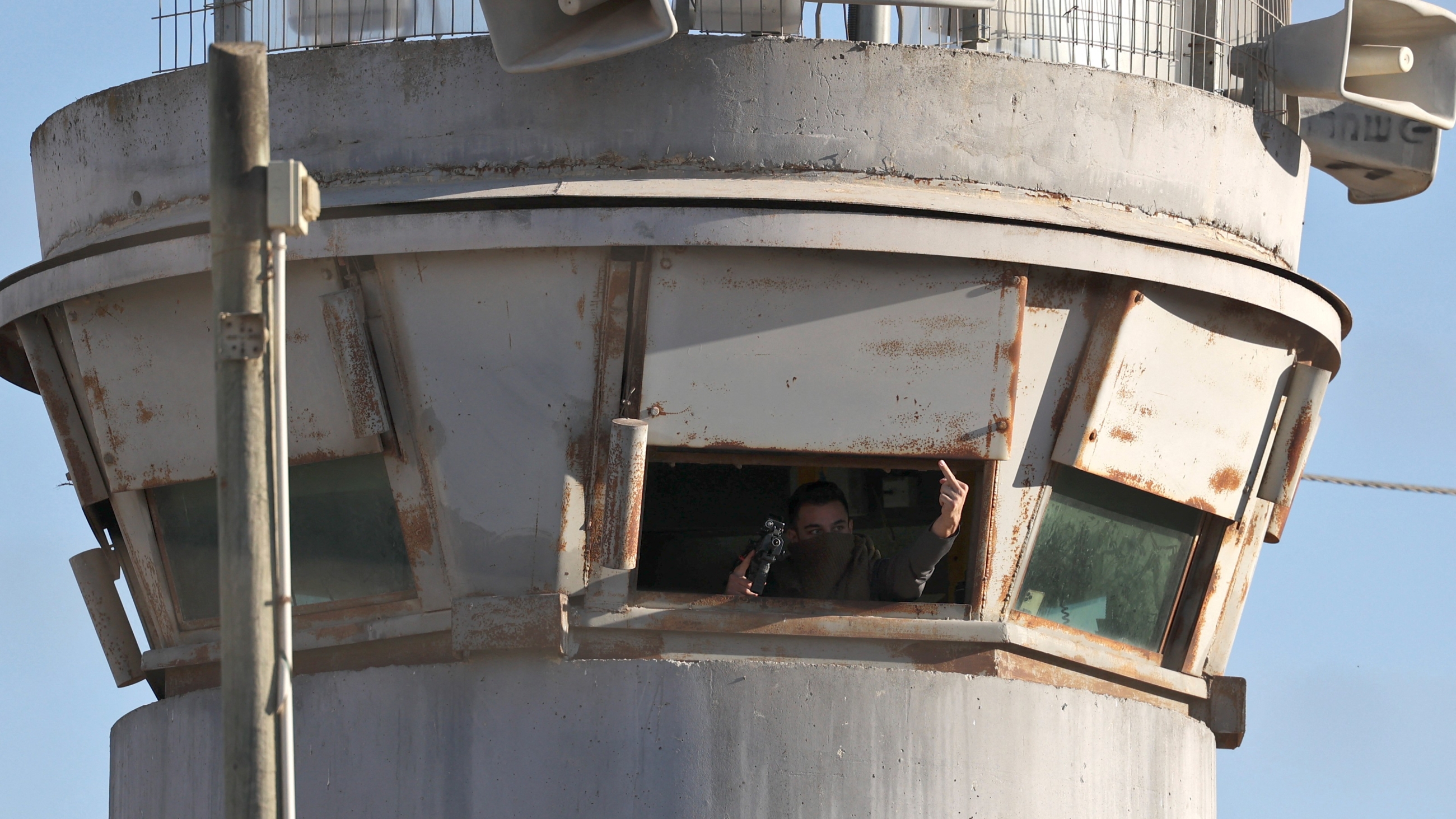
Israeli jail authorities assaulted Palestinian women prisoners on Tuesday morning amid a push to enforce strict new measures against Palestinian inmates introduced by Israel's far-right Minister of National Security Itamar Ben-Gvir.
The Palestinian Prisoners' Society said in a statement that Israeli forces beat women prisoners in Damon jail, fired tear gas at them and used pepper spray.
The Palestinian Authority's prisoners' affairs commission said the Israel Prison Service (IPS) also confiscated electronic devices and some personal items from the prisoners in what it called "collective punishment".
In response, the prisoners set some cells ablaze. The IPS said Yasmeen Shaaban, the representative of the Palestinian women prisoners who was among those assaulted, was put in solitary confinement for attempting to set her cell on fire.
New MEE newsletter: Jerusalem Dispatch
Sign up to get the latest insights and analysis on Israel-Palestine, alongside Turkey Unpacked and other MEE newsletters
"The punitive actions taken in the Damon prison will have consequences in all prisons. The situation is getting worse because of the measures taken by the fascist minister Itamar Ben-Gvir. The Israeli government bears full responsibility for the situation and its consequences," the Palestinian Prisoners' Society said.
The assault on women prisoners caused anger among Palestinian detainees across all Israeli jails.
The prisoners' commission said inmates in Ofer prison refused to accept their breakfast meals amid news of the crackdown and demanded to speak with Damon prisoners on the phone.
The assault came a day after 120 Palestinians in the notorious Negev desert prison launched a hunger strike against the IPS's recent punitive measures. The IPS had cut electricity in the Negev prison, barred prisoners' families from visits, and stopped serving them meals.
Dozens of Palestinian prisoners in Ketziot, Ofer and Megiddo prisons were put in solitary confinement over the weekend, allegedly for celebrating the killing of seven Israeli settlers by a Palestinian man in a shooting in occupied East Jerusalem on Friday.
Palestinian prisoners said they will also stop agreeing to security checks by the IPS as part of their protests against the growing crackdowns.
Strike in East Jerusalem
The rise in prison tensions follows a week of violence across the occupied Palestinian territories.
Israeli forces killed 10 Palestinians in a large-scale raid on Jenin in the occupied West Bank on Thursday which sparked nationwide anger.
A Palestinian man opened fire at Israeli settlers in occupied East Jerusalem on Friday, killing seven.
The shooting prompted harsh crackdowns by Israeli forces on Palestinians in East Jerusalem.
On Tuesday, residents of Jabal al-Mukaber and Sheikh Saad, towns in southern Jerusalem, staged a general strike against what they called collective punishment by Israeli authorities against them, which included threats to demolish dozens of houses.
Hundreds of Palestinian homes in Jabal al-Mukaber are threatened by Israeli demolition orders for not having building permits. Israeli authorities make it nearly impossible for Palestinians to get building permits in the city which forces many to build without them.
According to the UN Office for the Coordination of Humanitarian Affairs (OCHA), Israeli demolished 666 Palestinian homes in the West Bank and East Jerusalem in 2021, displacing 958 people, a 38 percent increase from the previous year.
Middle East Eye delivers independent and unrivalled coverage and analysis of the Middle East, North Africa and beyond. To learn more about republishing this content and the associated fees, please fill out this form. More about MEE can be found here.


